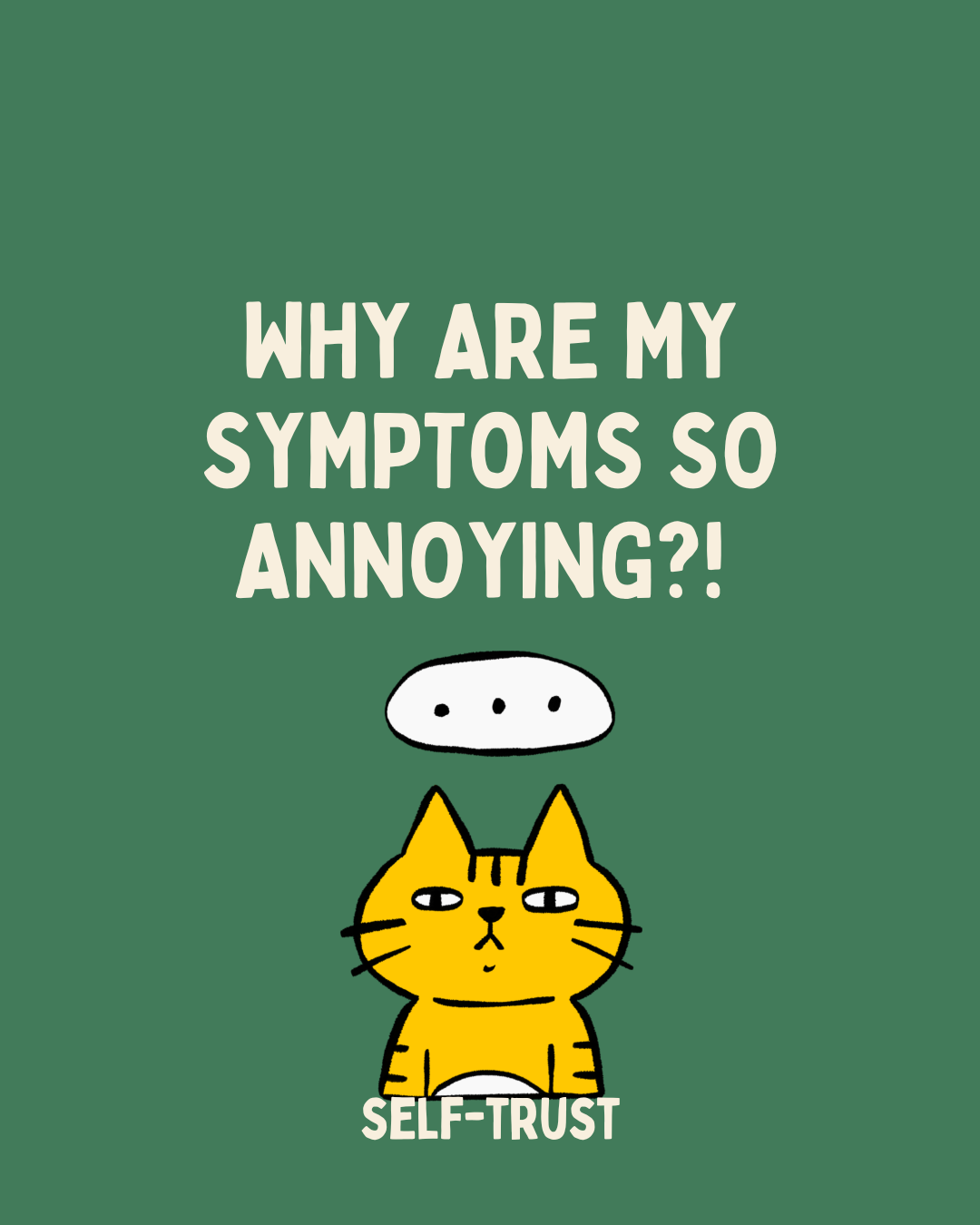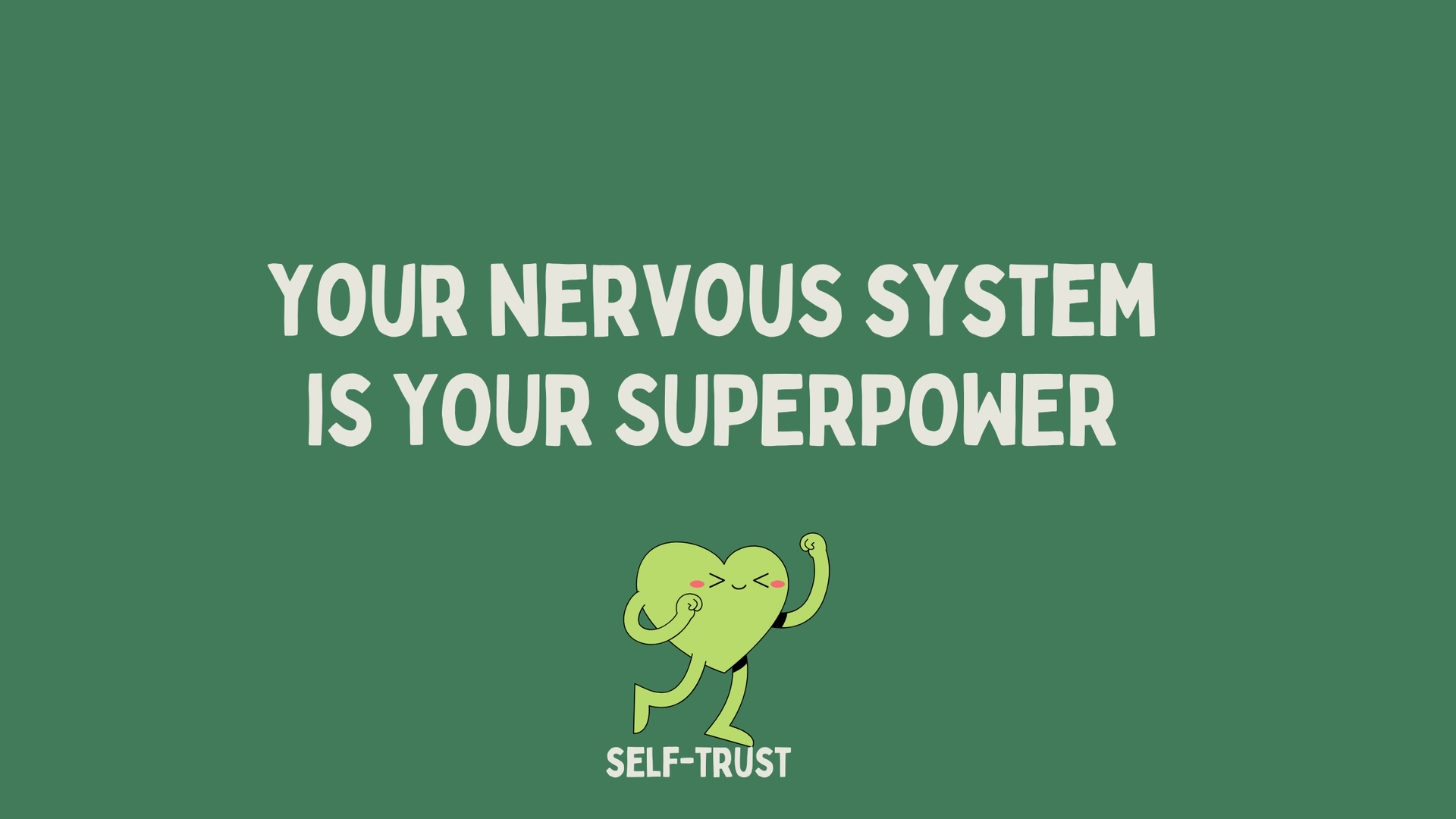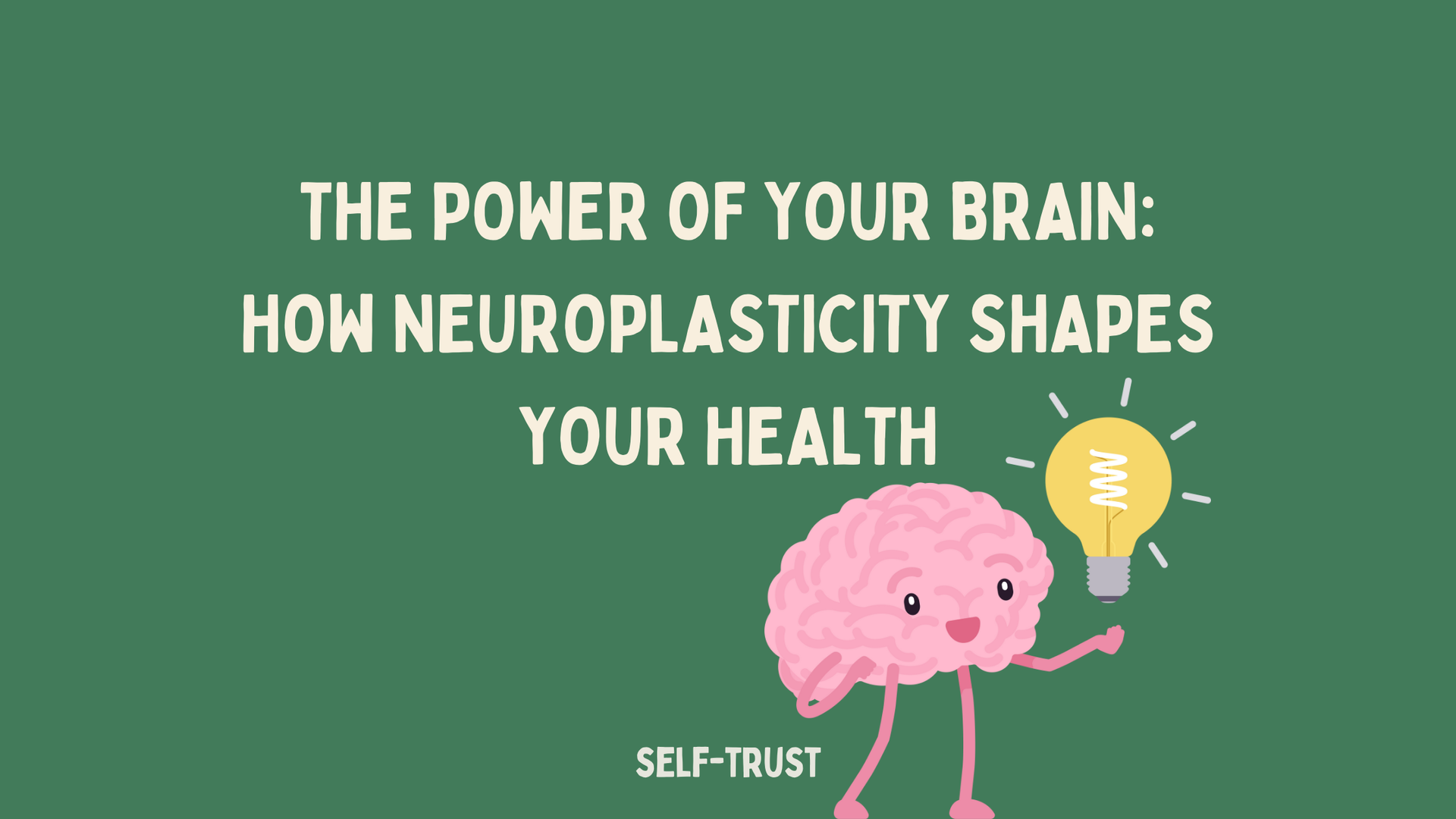Chiropractic Isn't Just About Pain Relief - It's About Whole-Body Communication
Think Chiropractic is Cracking Backs?
When most people think of chiropractic care, they think of cracking backs and fixing pain. And yes - relief from back pain is often a welcome side effect. But that's not really the full picture.
At its core, chiropractic care is about how your spine and brain communicate. It's not just musculoskeletal - it's neurological.
Your Spine Talks to Your Brain (All Day, Every Day)
Your spine isn't just there to hold you upright. Every movement, every shift, and every tiny bit of input through your spinal joints sends messages to your brain - helping it know where your limbs are, how to balance, and what adjustments to make in real time.
Your brain relies on this input for accurate, coordinated movement. And when your spine isn't moving properly - whether or not you're in pain - that communication is interrupted.
Meet the Cerebellum: Your Brain's "Movement Manager"
The cerebellum is often called the "little brain" - tucked at the back of your head, just under the main part of the brain. It's responsible for refining movement, keeping us balanced and upright, and coordinating everyday tasks with precision and timing.
While it doesn't start the movement, it perfects it - like the backstage tech team in a theatre production, adjusting lighting and sound so everything runs smoothly. It compares incoming signals and inputs from your body and makes tiny adjustments so you're not clumsy or off balance.
But it doesn't stop there. The cerebellum also plays a role in:
- Paying attention
- Learning new physical skills
- Retaining movement-based memory
And spinal movement plays a huge role in how well the cerebellum functions.
Chiropractic Impacts Brain Function - Not Just Joints
Research shows that chiropractic adjustments can influence brain function, including areas related to coordination, motor control, and sensory processing. When your spine is functioning well, it sends clear and consistent messages to your brain - especially to the cerebellum - supporting everything from throwing a ball to simply walking without tripping over your own feet.
Even a single step involves complex signals between your spine, brain, muscles, and joints. Chiropractic care helps keep those signals clear and efficient, which improves your whole-body coordination - even if you're not in pain.
Function First, Always
It's easy to think, "Well, I'm not in pain, so I must be fine." But pain is often the last sign something isn't quite right.
Chiropractic isn't just about treating symptoms - it's about improving how your body functions. How you move, balance, focus, and feel. It's about helping your brain and body stay in sync so you can do the things you love, feel steady and strong in your body, and support your nervous system day to day.
Whether you're running after kids, learning a new skill, or just wanting to feel more "at home" in your body - chiropractic care supports the foundations of how you live, move, and relate to the world.
A Final Reminder: It's Not Just About Pain. It's About Communication
Every adjustment is about enhancing your brain-body connection - so you can move with more ease, function more clearly, and trust that your body is speaking with you.
Your body is always communicating.
Chiropractic helps it speak clearly.











